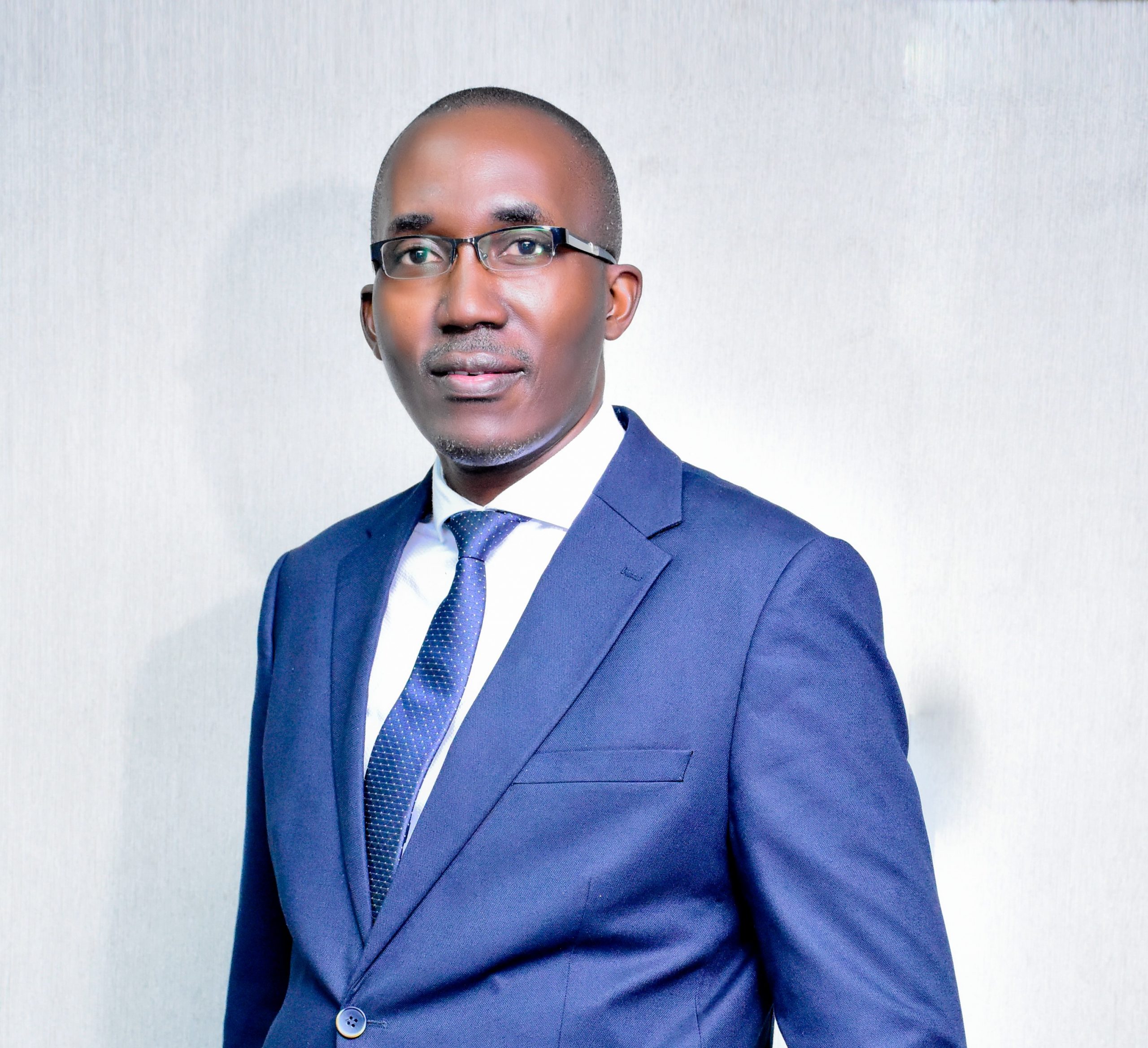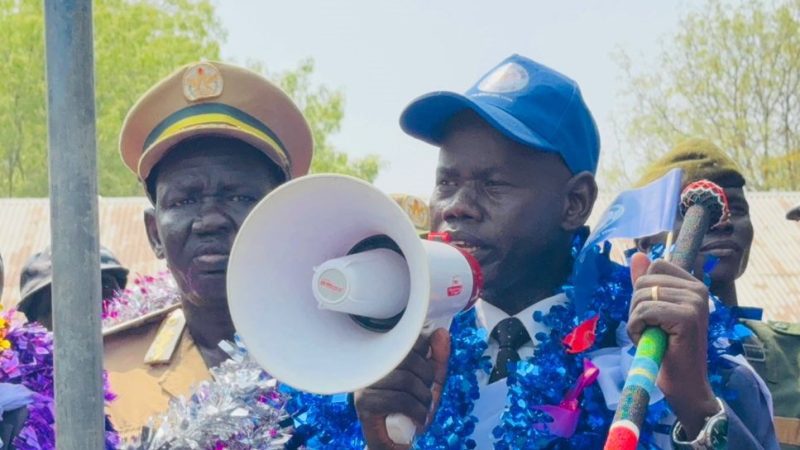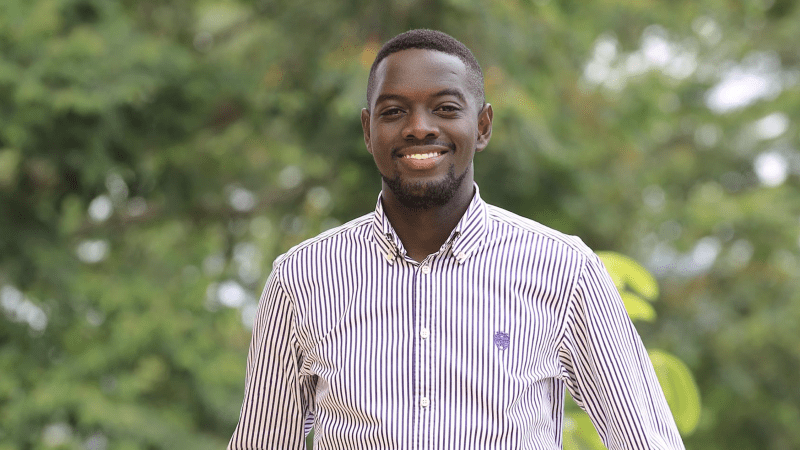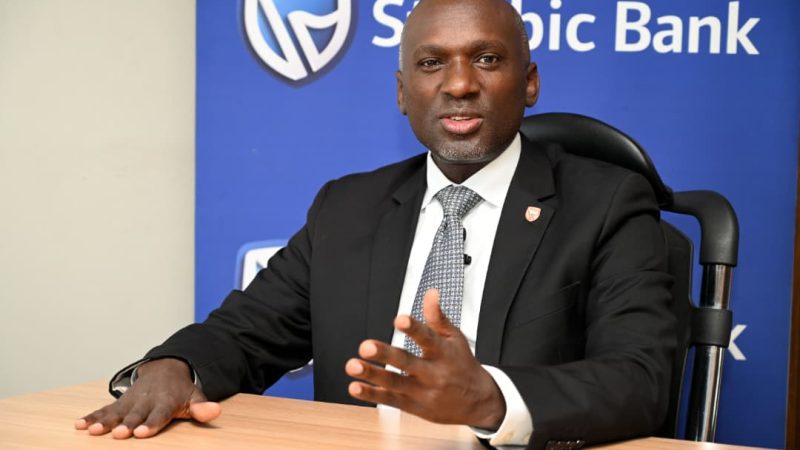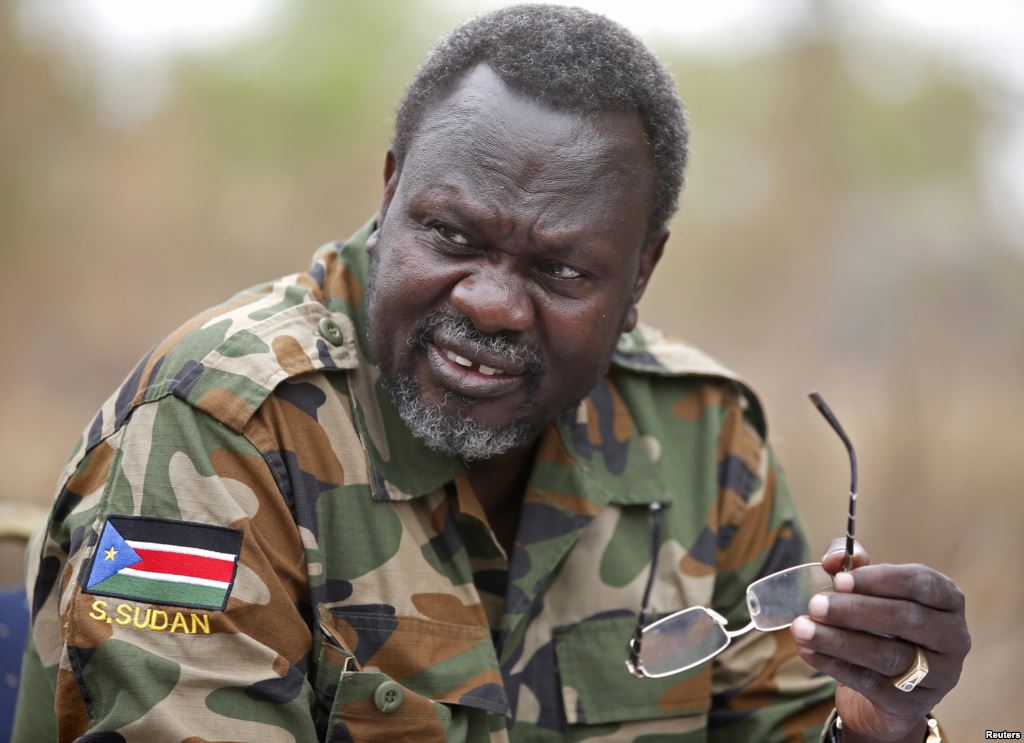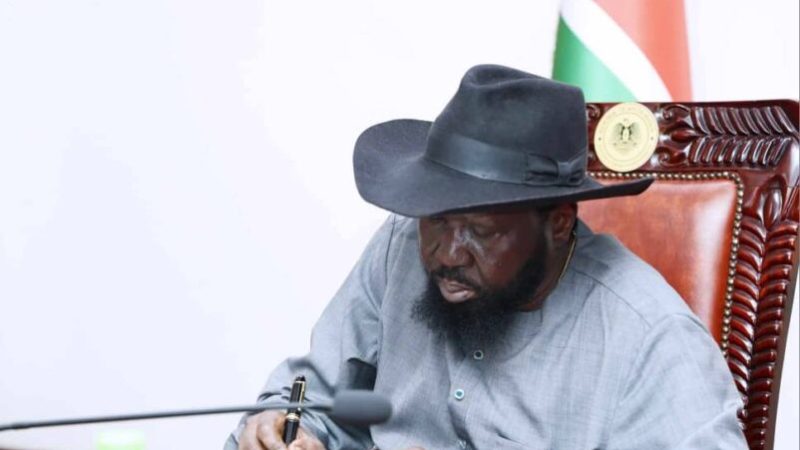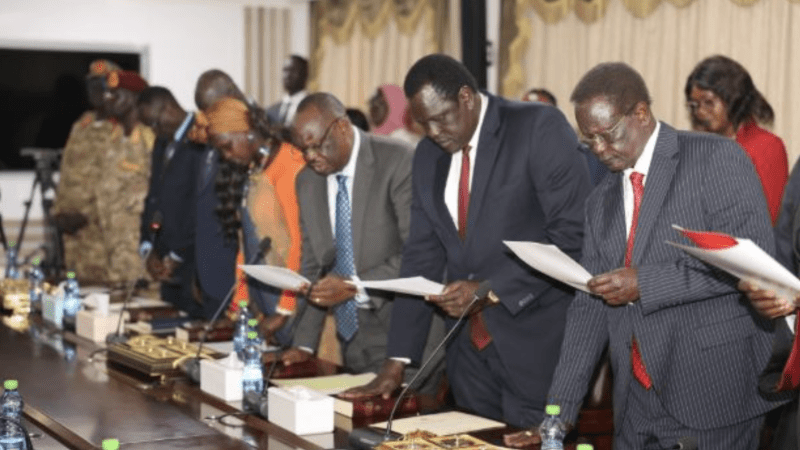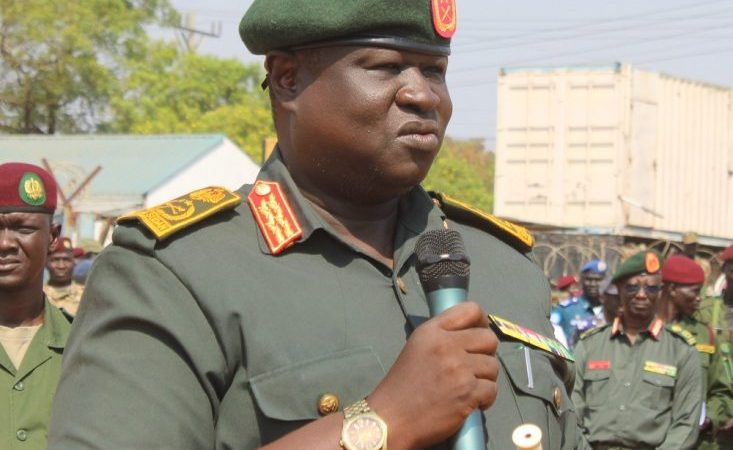South Sudan’s three-year-old peace deal is doomed to collapse unless the parties can settle disputes and create a unified army, the main opposition faction said on Wednesday.
The accord signed in September 2018 calls for the reunification of all fighters involved in the civil conflict, but the process has been marred by delays.
The peace deal signed in August 2015 collapsed following renewed violence in the capital, Juba, in July 2016.
Under the latest peace deal, opposition leader Riek Machar, along with four others, was once again reinstated as President Salva Kiir’s deputy.
A unity government that would prepare the country for elections was formed in early 2020. But even now, critical aspects of the peace deal such as security arrangements, transitional justice, and institutional reforms are behind schedule or completely frozen.
In early August, some leaders within First Vice President Riek Machar’s SPLA-IO said they had deposed him as the head of the party and its military forces. The rival group said Machar had “completely failed” to show leadership and greatly weakened the party’s position in the unity government.
“The security arrangements dossier is stalling and the forces have been in training camps for two years without being graduated,” said Dr Kuong Dak, a member of South Sudan’s parliament representing Machar’s SPLM-IO faction.
The deal calls on the parties to the peace deal to assemble, screen and train their respective forces and unify them into a national army. No gradation of military forces has taken place so far.
The lawmaker, who is leading a delegation of SPLM-IO legislators to neighbouring Sudan, said: “We appeal to the guarantors, particularly Sudan which is the IGAD chair, to intervene. If the peace agreement is not implemented fully, there will be problems,” Kuong warned, speaking at a press conference in Khartoum on Wednesday.
He said the foot-dragging on security arrangements means that the implementation of the peace agreement will not be complete. “Under the peace agreement, the government was supposed to fund the security arrangements by supporting the forces. Unfortunately, no support is being provided to the forces in training camps,” Kuong said.
The legislator further said a shortage of food and medicine is forcing fighters to abandon cantonment sites and training camps across South Sudan, threatening the country’s efforts to build a unified army.
Meanwhile, John Orach, a member of South Sudan’s parliament representing Machar’s SPLM-IO, condemned fighting that erupted between rival factions of Sudan Peoples’ Liberation Army-In Opposition (SPLA-IO) in Upper Nile State, describing the fighting as “senseless.”
“Our faction is not the main cause for delays in the implementation of the security arrangements. The main partner peace, the SPLM is to blame for the failure of the security file, which is a cornerstone of the peace agreement,” he said.
There was no immediate comment from the government or Kiir’s supporters.


